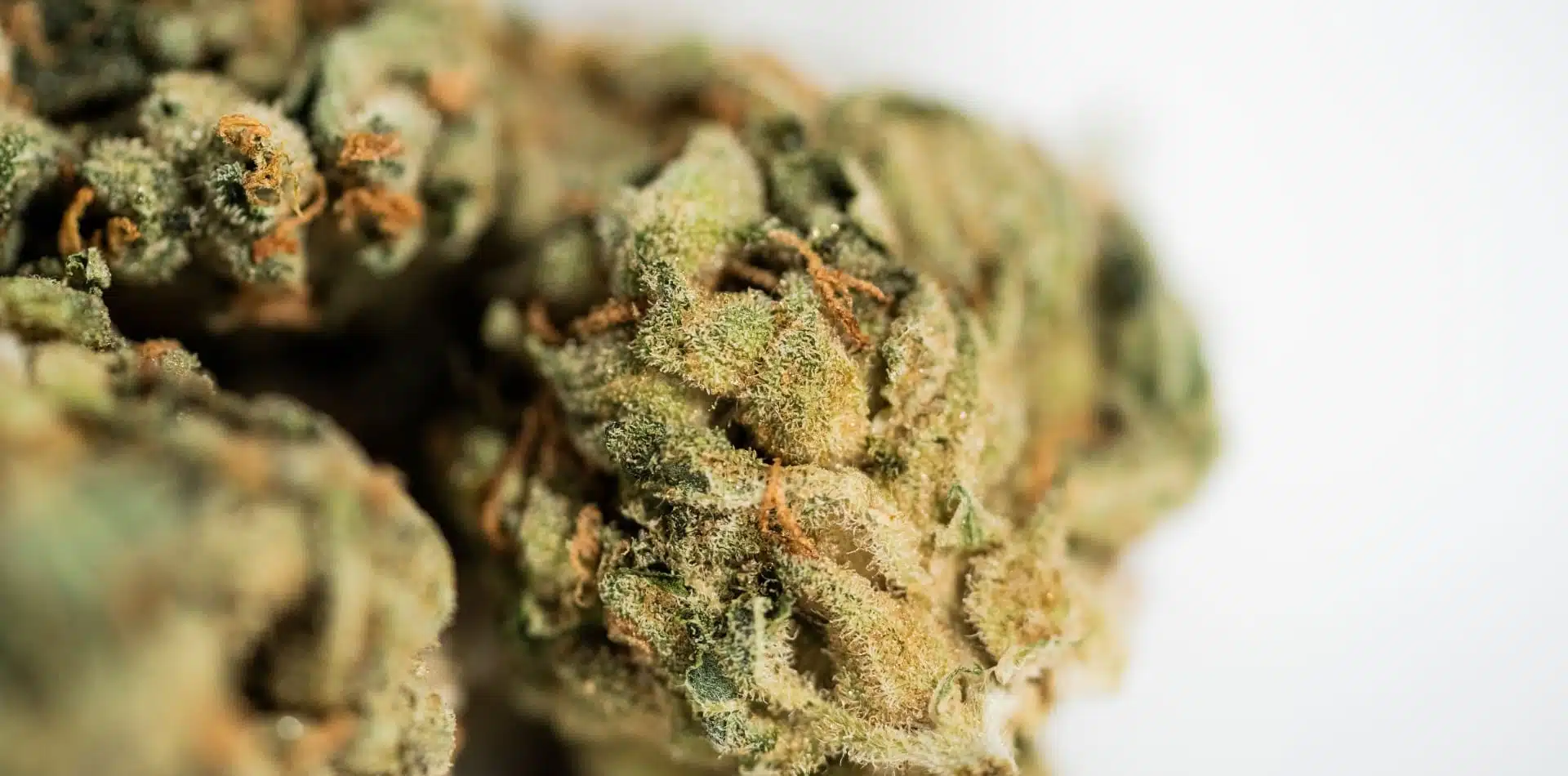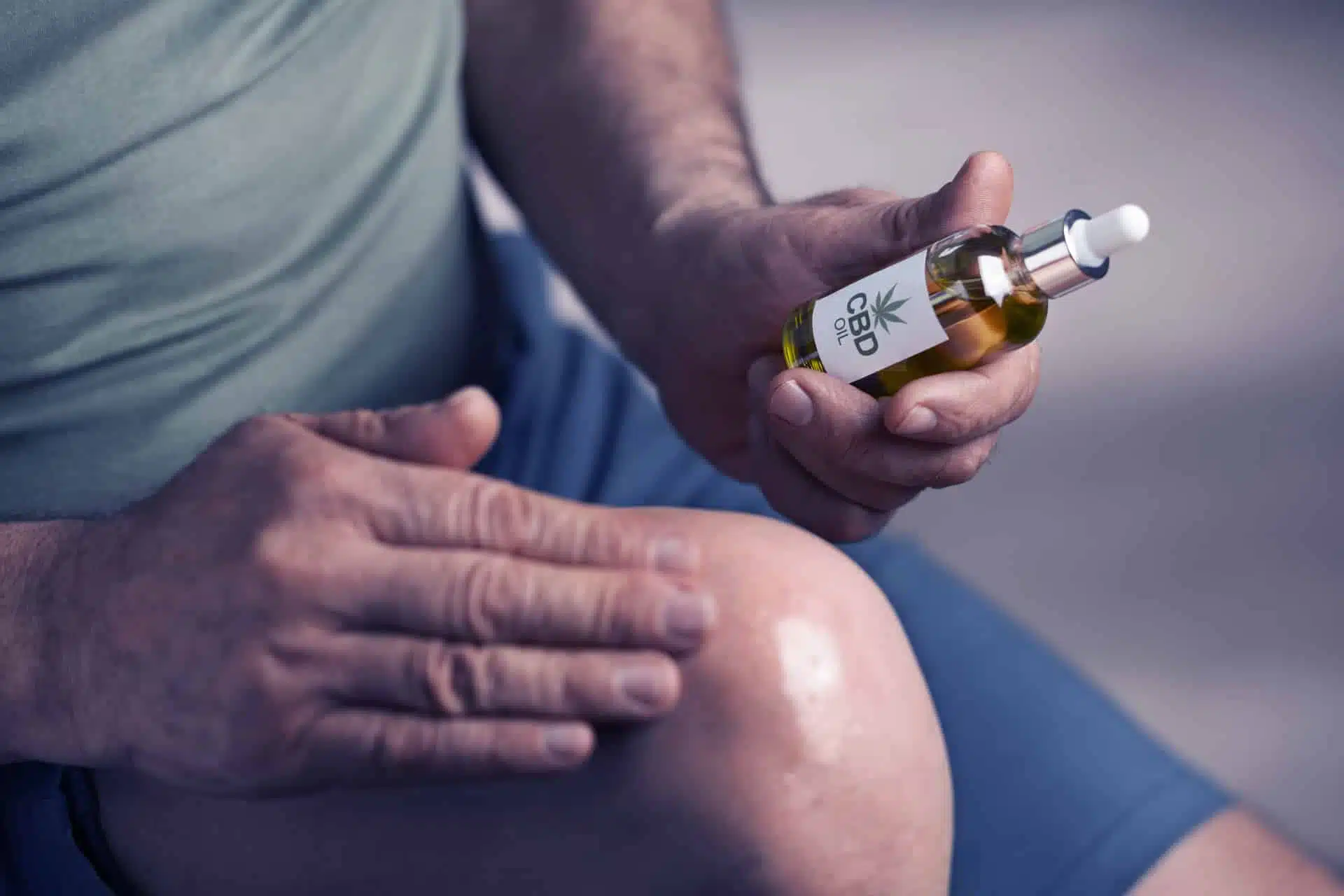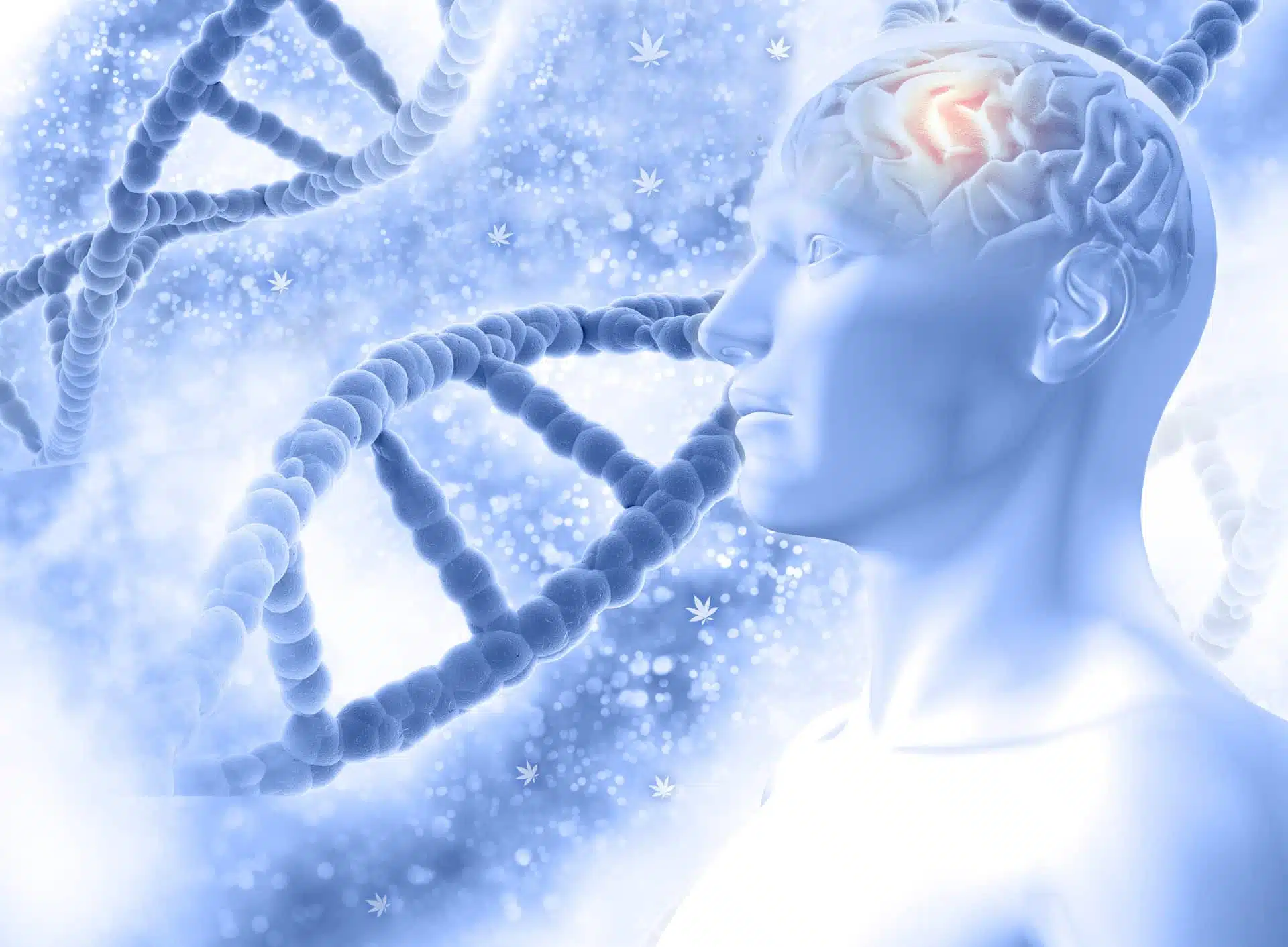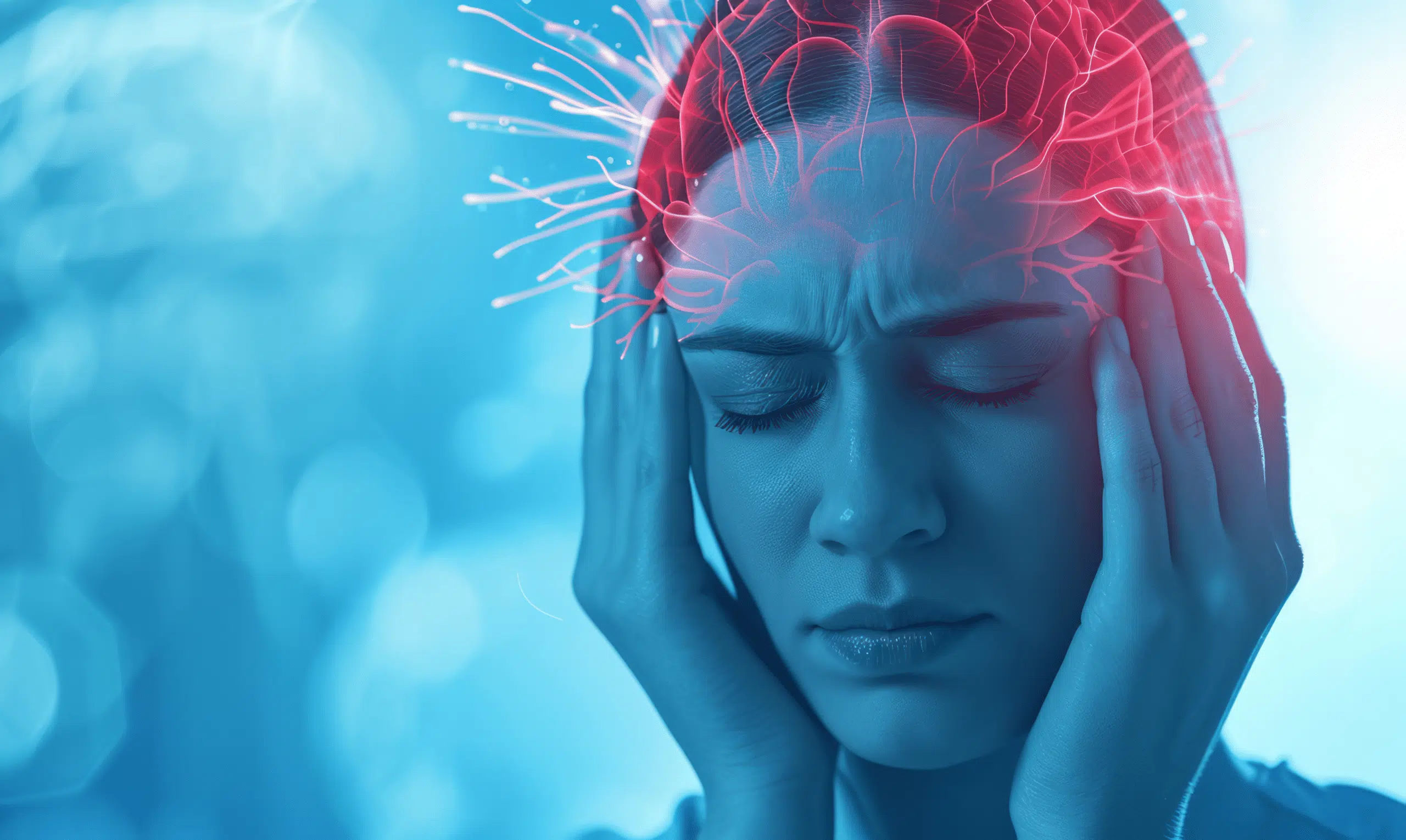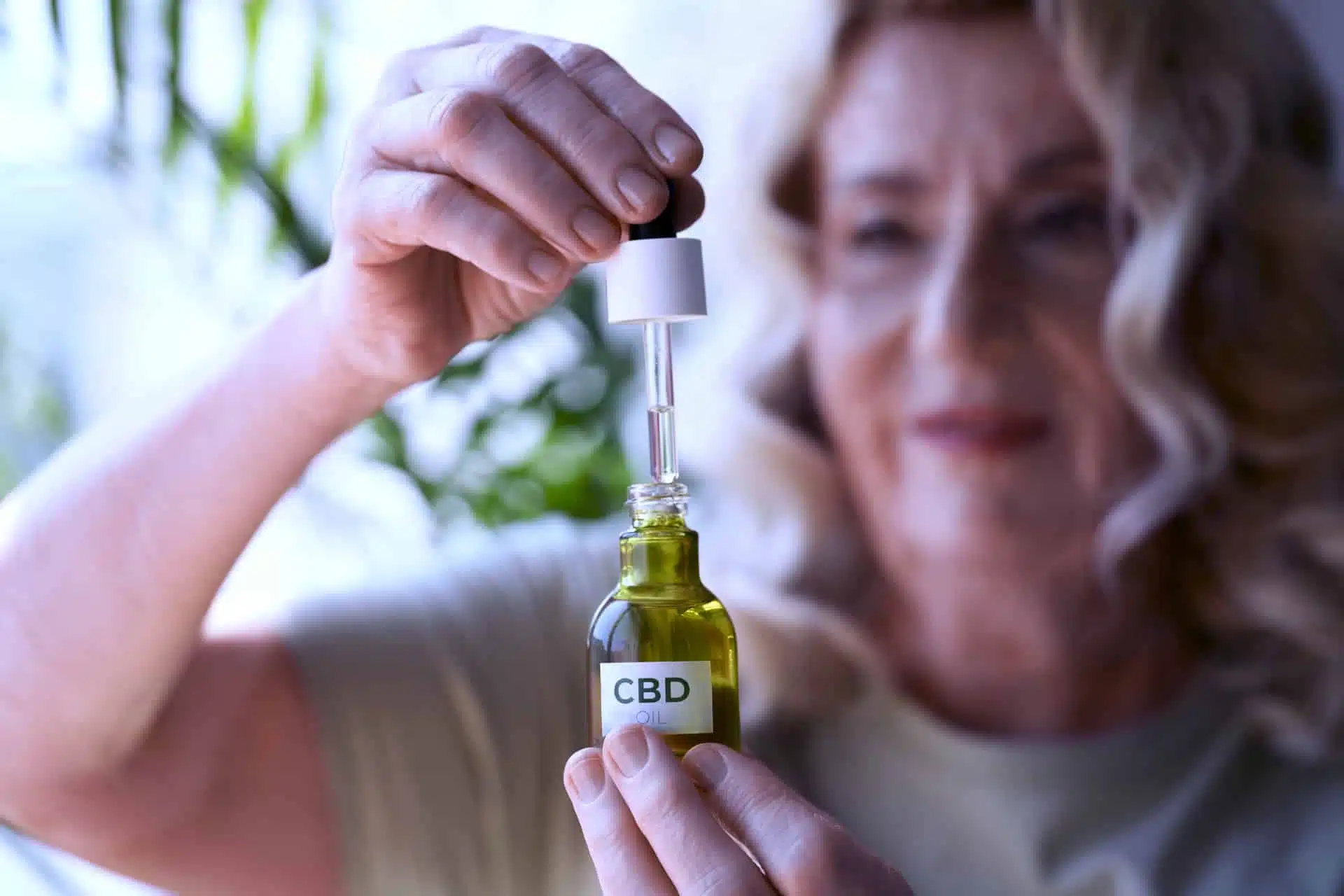Share
Treating Insomnia with Medical Cannabis: What You Need to Know
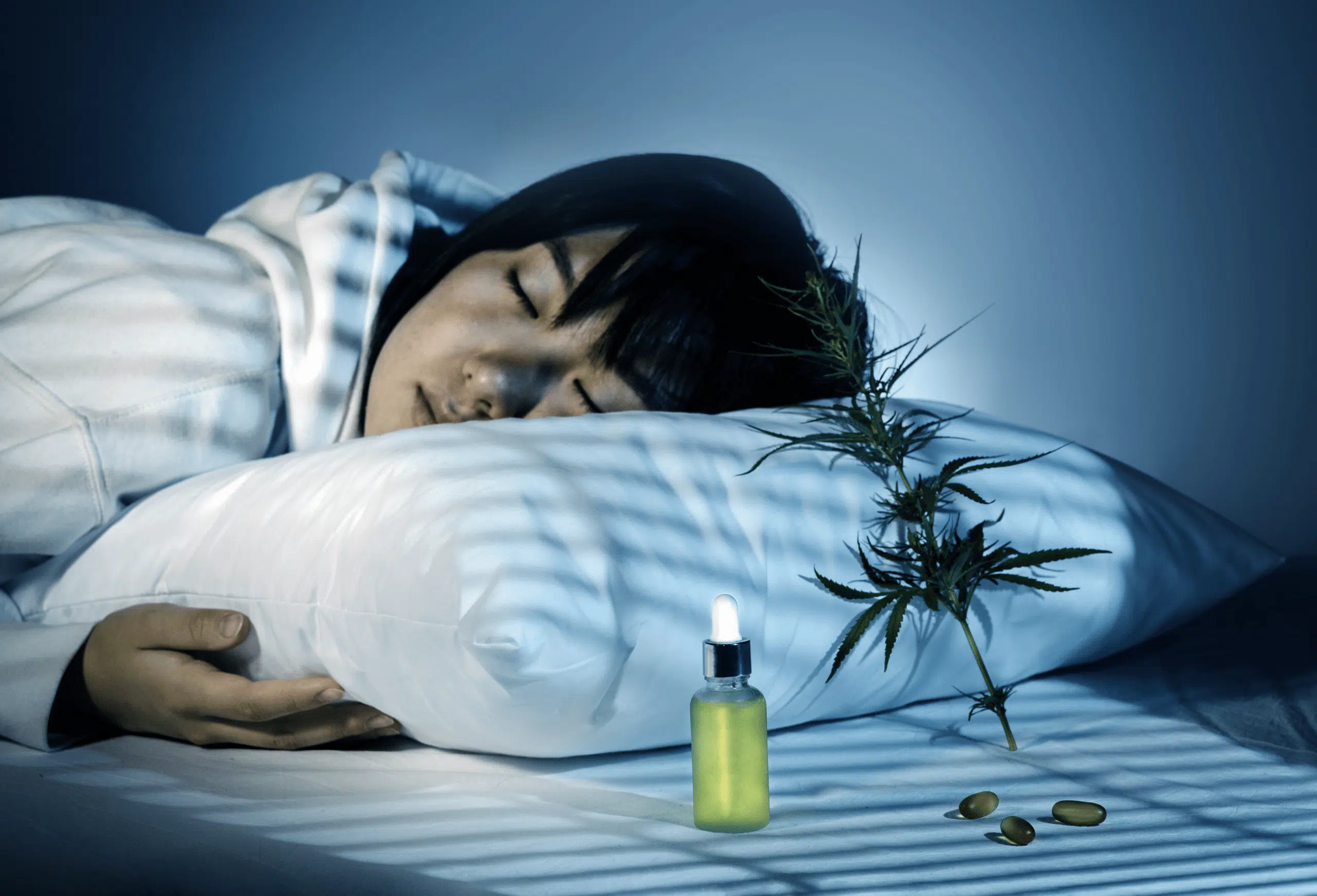
According to the European Sleep Research Society, insomnia affects over 10% of people in Europe, making it one of the most common sleep disorders. Nevertheless, compared to other sleep issues, like breathing problems during sleep or restless legs syndrome, we’ve made less headway in tackling insomnia.
Sleep troubles are more common than you might think, affecting over 30% of the general population and over half of patients who visit their primary care doctors. Surprisingly, though, these issues often go unaddressed during medical appointments, leaving many insomnia patients feeling overlooked.
Insomnia isn’t just a minor annoyance; it’s a serious condition that needs attention. It’s been redefined as a standalone disorder that warrants proper management. When sleep problems start interfering with daily life, it’s time for clinical intervention. Chronic insomnia, which lasts for three months or more, can stem from acute insomnia, which initially lasts for a short period but may persist for some individuals.
It’s not uncommon for acute insomnia to morph into a chronic problem. Studies have shown that a significant percentage of people initially diagnosed with short-term insomnia go on to develop chronic insomnia down the line. Moreover, research from various countries suggests that nearly half of insomnia cases can become persistent over the years, highlighting the need for early intervention and proper management strategies.
Unlocking the power of medical cannabis for insomnia
For patients dealing with chronic insomnia, effective treatment should prioritize enhancing both the quality and duration of sleep, alongside improving daytime functioning. In clinical trials focused on sleep research, treatment effectiveness is typically evaluated using key sleep-parameters like sleep efficiency, sleep latency, wake after sleep onset and total sleep time.
And now how can we link medical cannabis and sleep problems?
Research on the effects of cannabis on sleep began in the 1970s and involved numerous studies utilizing polysomnography to assess sleep patterns. These studies produced varied results, with some indicating a reduction in the time it takes to fall asleep and less waking during the night, while others failed to replicate these findings. Instead, some research observed an increase in deep, slow-wave sleep and a decrease in rapid eye movement (REM) sleep.
Early findings also suggested that cannabis might offer short-term benefits for sleep, particularly by reducing the time it takes to fall asleep. However, prolonged cannabis use could lead to habituation to its sleep-inducing effects and enhancement of slow-wave sleep. This initial research indicated that long-term cannabis use might negatively affect sleep in two main ways.
Firstly, individuals might develop a cycle of using cannabis to manage sleep issues, gradually becoming accustomed to its effects, and needing larger amounts to achieve the desired results, potentially leading to problematic usage patterns. Secondly, withdrawal from cannabis can lead to sleep disturbances, which may reinforce continued use and increase the likelihood of relapse.

Highs and Lows: Understanding the risks and benefits of using medical cannabis for insomnia
Research indicates that cannabis may offer benefits for individuals struggling with sleep issues associated with chronic pain, post-traumatic stress disorder (PTSD), and restless legs syndrome. It’s believed that cannabis can promote sleep by reducing arousal levels and increasing adenosine, a neurotransmitter known for its sleep-inducing properties. However, the relaxation effects of different cannabis strains, like sativa and indica, alter based on factors such as dosage, timing of consumption, and individual differences.
While ongoing research continues to explore cannabis’s role as a sleep aid, it’s important to consider potential risks, particularly with prolonged or frequent use.
Studies indicate that prolonged and heavy cannabis use may have detrimental effects on sleep quality. Users may experience an overall reduced sleep duration, less time spent in deep sleep, protracted periods of falling asleep initially, and more frequent awakenings throughout the night. These effects underscore the importance of cautious and informed usage, particularly for those considering cannabis as a regular sleep aid.
Beyond sleep-related concerns, long-term cannabis use has been associated with several health-related side effects. Research has shown that heavy cannabis consumption may lead to a decrease in the volume of gray matter in the brain, which could have implications for cognitive function and overall brain health. Additionally, smoking cannabis exposes users to potentially harmful substances, increasing the risk of developing chronic bronchitis.
Additionally, ceasing cannabis use after prolonged consumption can trigger withdrawal symptoms, including disturbances in sleep patterns. Users may experience vivid and unsettling dreams, difficulty falling asleep, and a decrease in time spent in deep sleep. These withdrawal symptoms further emphasize the need for careful consideration and moderation when using cannabis as a sleep aid.
Furthermore, health experts strongly advise against cannabis use during pregnancy or while breastfeeding due to potential risks to both maternal and fetal health. The effects of cannabis on fetal development and the long-term impact on the child’s health are areas of ongoing research, but current recommendations err on the side of caution.
In summary, while cannabis may provide temporary relief for insomnia symptoms, particularly in cases of chronic pain or PTSD, its long-term use can lead to disruptions in sleep patterns and various health-related concerns. Individuals considering cannabis as a sleep aid should weigh the potential benefits against the risks and consult with a healthcare professional for personalized guidance.
From inhalation to ingestion: How to administer medical cannabis for better sleep
Unlocking better sleep with medical cannabis involves choosing the right administration method. Below, we enumerate the administration typologies:
- Inhaling: Whether it’s smoking or vaporizing, inhaling cannabis delivers quick relief, usually within minutes. Vaporizing heats the cannabis without burning it, potentially reducing irritation. Perfect for those seeking instant relaxation before bedtime.
- Sublingual: For precise dosing and discreet use, try sublingual products like oils or sprays. Place them easily under the tongue, and within 15-30 minutes, you’ll feel the effects kicking in. It’s a reliable option without the need for smoking or vaping.
- Topical application: While not directly influencing sleep, cannabis-infused creams or lotions can ease muscle tension or discomfort, contributing to a more relaxed state conducive to better sleep.
- Oral administration: Edibles, capsules, or beverages offer a slower, more prolonged effect, taking 30 minutes to two hours to kick in. Great for those looking for lasting relief throughout the night.
When choosing your cannabis method, consider factors like onset time, duration, and personal preferences. Consulting with a knowledgeable healthcare provider can also help tailor your cannabis use to your specific sleep needs.
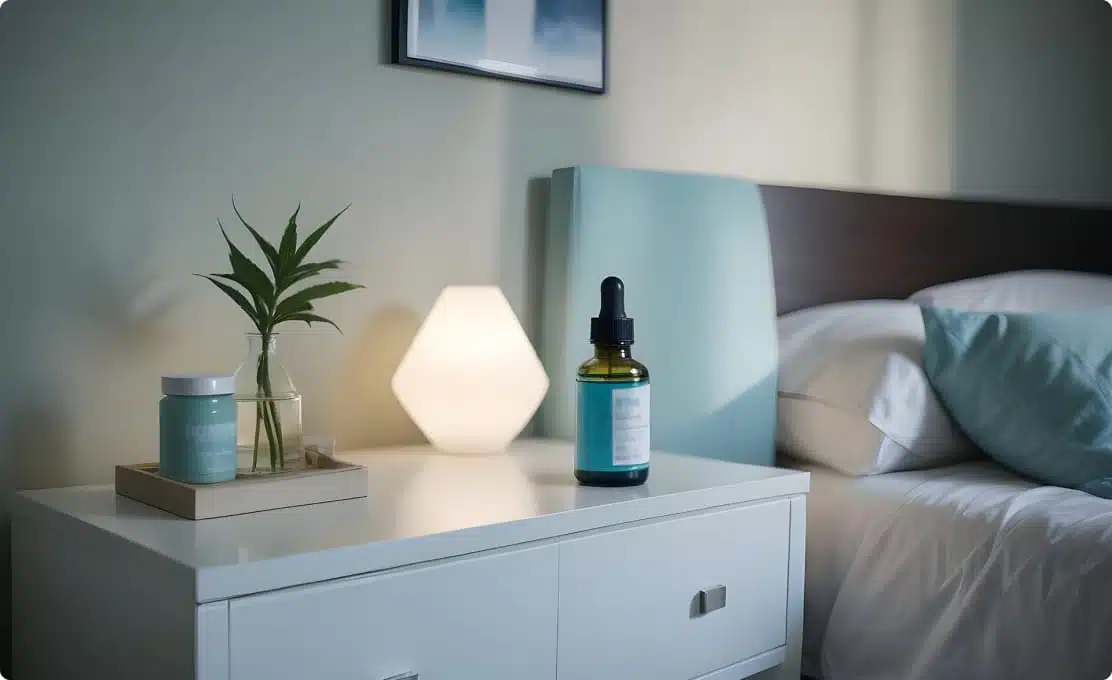
The importance of strain selection and dosing
When it comes to managing insomnia with medical cannabis, selecting the right strain and dosage is key to achieving optimal results. Strain selection involves choosing a cannabis variety that contains specific cannabinoids and terpenes known to promote relaxation and induce sleep. Indica-dominant strains are often favored for their calming effects, while strains high in the cannabinoid cannabidiol (CBD) and the terpene myrcene may also offer sedative properties.
Dosage is another crucial factor to consider. It’s important to start with a low dose and gradually increase as needed to avoid potential adverse effects. Many healthcare professionals recommend a “start low, go slow” approach, beginning with a small dose of THC or CBD and monitoring its outcomes on sleep quality and duration.
Individual responses to cannabis can vary widely, so it’s essential to work closely with a healthcare provider experienced in medical cannabis treatment. They can help you to manage and select the appropriate strain and dosage based on your specific needs, medical history, and tolerance level.
Remember, keeping a sleep journal can help track the effects of different strains and dosages on your sleep patterns. This information can then be used to fine-tune your treatment plan for better sleep outcomes.
In summary, when using medical cannabis to manage insomnia, careful strain selection and dosing are essential for achieving the desired therapeutic effects while minimizing potential risks. Working with a knowledgeable healthcare provider and monitoring your response to treatment can help ensure a safe and effective approach to using cannabis for better sleep.
Does medical cannabis affect your sleep quality?
Cannabis can indeed have an impact on the quality of your sleep beyond just helping you nod off quicker. Short-term usage of cannabis has been shown to alter the distribution of sleep stages, potentially influencing how refreshed you feel upon waking.
Specifically, cannabis tends to increase the time spent in non-rapid eye movement (NREM) sleep stages, which are crucial for promoting feelings of restfulness and rejuvenation. However, tetrahydrocannabinol, a key compound in cannabis, has been found to decrease the amount of time spent in rapid eye movement (REM) sleep. REM sleep is important for various functions, including dreaming, emotional processing, and memory consolidation. While reducing REM sleep might seem concerning, it can actually have benefits for individuals with post-traumatic stress disorder. Nightmares are a common and distressing symptom of PTSD, and decreasing REM sleep may help alleviate these symptoms. Research has shown that individuals with PTSD who experience more severe symptoms and disrupted sleep patterns are more likely to turn to cannabis for relief. Synthetic forms of cannabis have been investigated for their ability to reduce or even eliminate nightmares in PTSD patients, with some participants reporting improvements in overall sleep quality and fewer daytime flashbacks.
However, it’s essential to approach cannabis use for sleep management cautiously, considering both its potential benefits and risks. While it may offer relief for certain sleep-related issues, long-term use can lead to tolerance, dependence, and other adverse effects on sleep quality and overall health. As with any medication or treatment, consulting with a healthcare professional is crucial to assess individual needs and potential risks before adding medical cannabis to your sleep routine.

The Role of THC and CBD on the sleep-wake cycle
Insomnia, a sleep disorder characterized by difficulty falling asleep or staying asleep despite the opportunity to do so, affects a significant portion of the adult population, ranging from 10% to 30%. This prevalence tends to increase with age and the presence of other health conditions. Insomnia can profoundly impact daily functioning, energy levels, concentration, mood, and overall physical well-being.
Recent research has explored the potential of medicinal cannabis, known for its pain-relieving properties, in addressing sleep disturbances. A systematic review of 41 clinical studies found promising evidence supporting the efficacy of medicinal cannabis in improving sleep as a secondary outcome measure.
These cannabinoids interact with the endocannabinoid system, comprising neuromodulator lipids and receptors, such as CB1 and CB2 receptors. These receptors are distributed throughout the brain, central nervous system, and peripheral nervous system. Importantly, the expression and effectiveness of cannabinoid intake are regulated in a circadian rhythm manner, with higher expression observed during nighttime. This suggests that the endocannabinoid system plays a role in regulating the sleep-wake cycle, making it a potential target for therapeutic interventions aimed at improving sleep quality.
THC has been found to influence the sleep-wake cycle in preclinical and early clinical research. Studies suggest that during THC administration, circadian rhythms, as measured by body temperature over two weeks, may become less pronounced. Furthermore, chronic use of THC has been linked to the development of tolerance to its sleep-inducing effects.
In early clinical studies involving adults, the chronic administration of 15 mg of THC did not significantly impact nocturnal sleep. However, participants reported increased sleepiness and delayed sleep onset the following day, along with changes in mood and memory difficulties.
On the other hand, CBD, another prominent compound in cannabis, appears to have contrasting effects on the sleep-wake cycle depending on dosage. Low doses of CBD have been associated with increased wakefulness, while higher doses tend to have a sedating effect. In a study involving individuals with insomnia, the administration of 160 mg/day of CBD resulted in increased total sleep time and a reduction in nighttime arousal. Conversely, low-dose CBD has been linked to heightened wakefulness.
These findings highlight the complex interplay between different components of cannabis and their effects on sleep regulation. Further research is needed to fully understand the mechanisms underlying such effects, and to completely explore the potential therapeutic applications of cannabis compounds in sleep management.
Conclusions and Future Directions
In conclusion, given the diverse nature of patients with chronic insomnia, treatment decisions should consider individual factors such as the patient’s specific symptoms, medical history, and personal preferences.
Chronic insomnia isn’t just a minor inconvenience – it’s a significant issue impacting both patients and healthcare systems across Europe. The inadequate management of chronic insomnia not only increases the burden of disease but also leads to substantial healthcare costs. Despite its impact, chronic insomnia often flies under the radar in European healthcare systems. It’s time for a shift in perspective to ensure European residents receive the level of care they deserve.
The current management of chronic insomnia falls short, partly due to the underutilization of existing medications and the existence of therapeutic gaps that demand innovative approaches and treatments.
Sources:
Pacheco, D.; Rehman, Dr. A. Cannabis for sleep: Benefits and risks https://www.sleepfoundation.org/sleep-aids/cannabis-and-sleep#:~:text=Cannabis%20may%20induce%20sleep%20by,use%20may%20negatively%20influence%20sleep. (accessed May 2, 2024).
Riemann D, et al. Insomnia Guidelines—The European Update 2023. Clin. Transl. Neurosci. 2024;8:10. doi: 10.3390/ctn8010010
Ellis J, et al. Chronic Insomnia Disorder across Europe: Expert Opinion on Challenges and Opportunities to Improve Care. Healthcare (Basel). 2023 Feb 28;11(5):716. doi: 10.3390/healthcare11050716.
Gilman JM, et al. Effect of Medical Marijuana Card Ownership on Pain, Insomnia, and Affective Disorder Symptoms in Adults: A Randomized Clinical Trial. JAMA Netw Open. 2022 Mar 1;5(3):e222106. doi: 10.1001/jamanetworkopen.2022.2106.
Babson KA, et al. Cannabis, Cannabinoids, and Sleep: a Review of the Literature. Curr Psychiatry Rep. 2017;19(4):23. doi:10.1007/s11920-017-0775-9
Ried K, et al. Medicinal cannabis improves sleep in adults with insomnia: a randomised double-blind placebo-controlled crossover study. J. Sleep Res. 2023;32(3): e13793. doi: 10.1111/jsr.13793.


